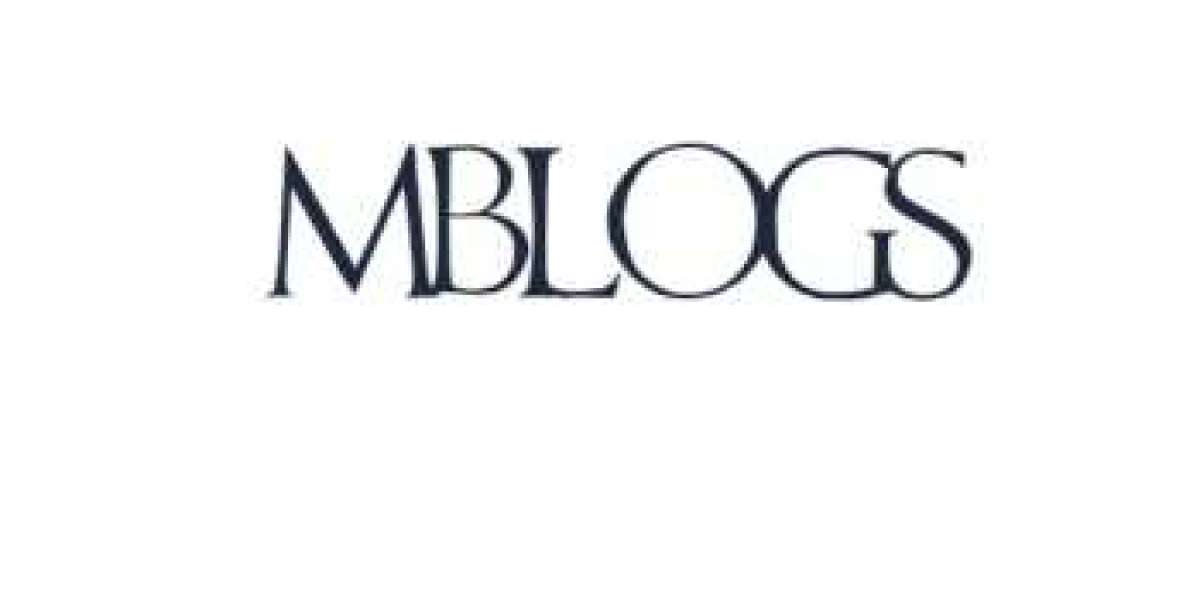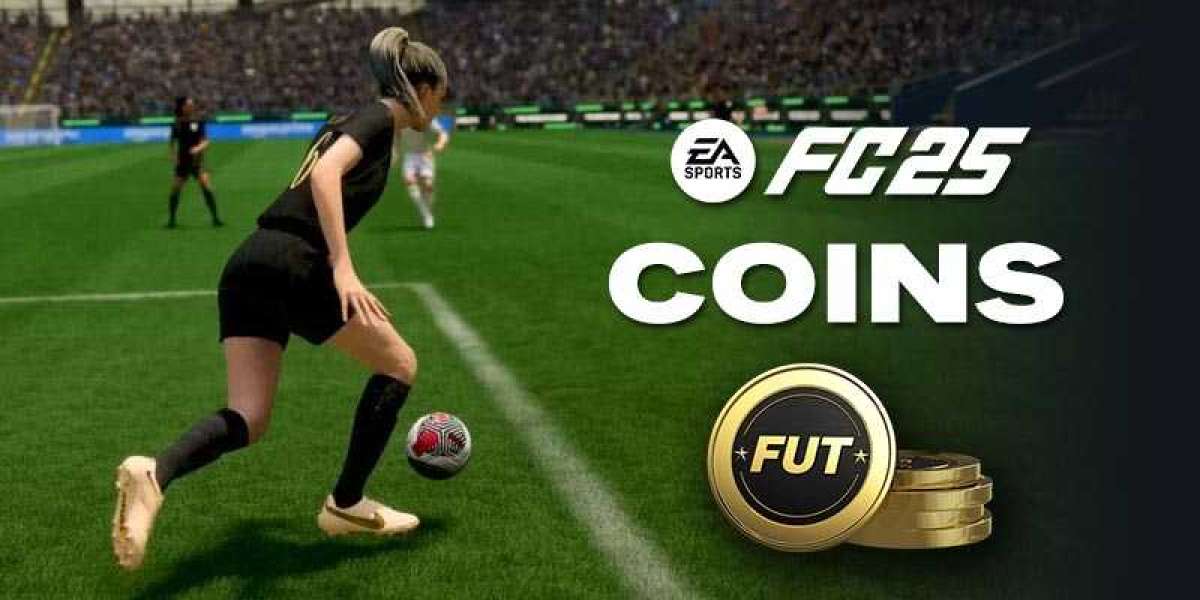When working with dates and times in JavaScript, libraries like moment vs date-fns are popular choices. Both tools simplify date manipulation, but they have unique features, strengths, and weaknesses. Understanding these differences will help you choose the best library for your project.
What is Moment.js?
Moment.js is one of the earliest and most widely-used date libraries in JavaScript. It provides a rich API for parsing, validating, manipulating, and formatting dates. Its intuitive syntax and extensive functionality made it a go-to solution for years, especially for handling complex date operations.
What is Date-fns?
Date-fns is a modern, modular JavaScript library for date manipulation. It offers a functional programming approach, with individual functions for each operation, making it lightweight and tree-shakeable. This library has gained popularity as a faster and more efficient alternative to Moment.js.
Performance: Moment.js vs. Date-fns
When it comes to performance, Date-fns has a clear advantage. Moment.js is considered heavy, as it creates large objects in memory and includes all functions in its bundle, leading to slower performance. Date-fns, on the other hand, is modular, allowing you to import only the functions you need, which significantly reduces its size and improves speed.
Ease of Use and Syntax
Moment.js shines in terms of its straightforward and readable syntax. Its chainable API makes complex date operations easy to write and understand. Date-fns, while not as intuitive initially, offers a simpler functional approach. Each function is independent, making the library more flexible but slightly less beginner-friendly.
Time Zone and Internationalization Support
Moment.js has built-in support for time zones and internationalization via extensions like Moment Timezone and Moment Locale. This makes it ideal for applications with global users. Date-fns also supports internationalization and time zones, but it requires additional configuration, making it less seamless for these use cases.
Community and Future Support
Moment.js is officially in maintenance mode, meaning no new features will be added, and users are encouraged to migrate to modern alternatives like Date-fns or Luxon. Date-fns, being actively maintained, is future-proof, making it a better choice for new projects.
Conclusion: Which Library Should You Choose?
The choice between Moment.js and Date-fns depends on your project's needs. If you prioritize performance, modularity, and future-proofing, Date-fns is the clear winner. However, for legacy projects or scenarios requiring an intuitive API and extensive built-in features, Moment.js can still be a viable option. Evaluate your requirements carefully to select the library that aligns best with your goals.








